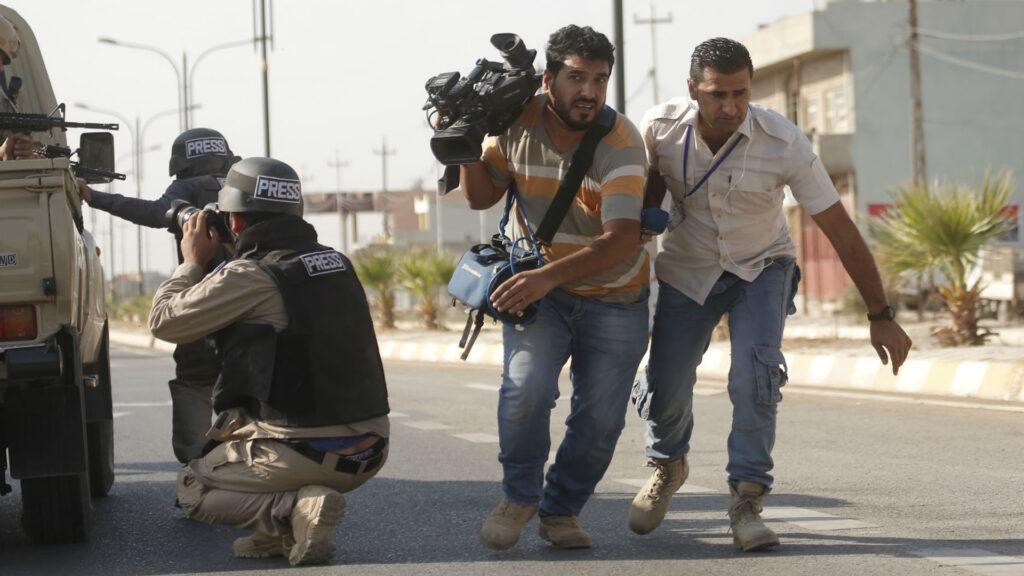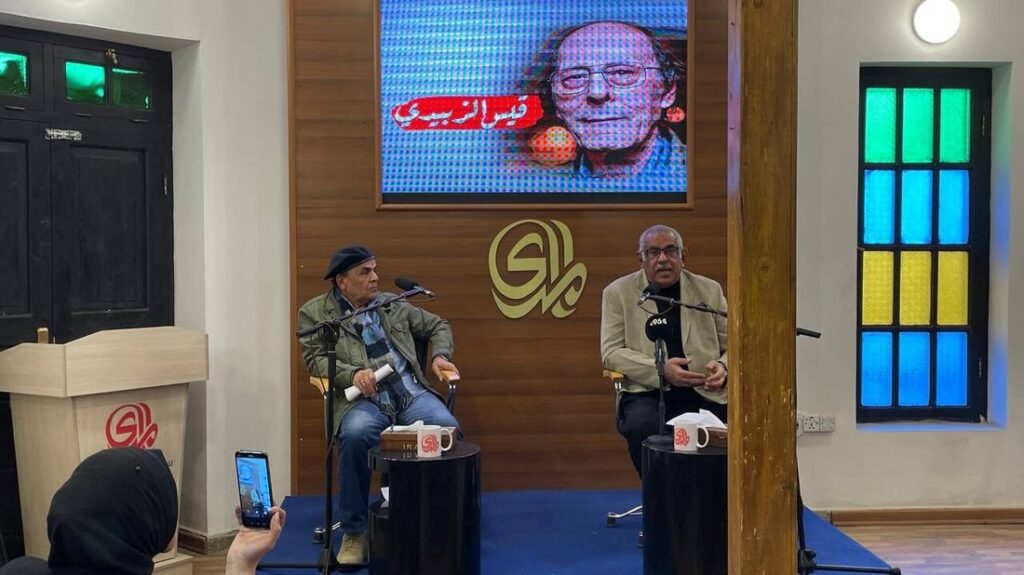Turkey plans prisoner release, excluding Kurds jailed for alleged PKK links

ISTANBUL,— Turkey’s parliament discussed a prisoner release law on Tuesday which aims to ease overcrowding in jails and protect detainees from the coronavirus, but which critics slam for excluding people jailed on terrorism charges in a post-coup crackdown.
The bill, proposed by President Tayyip Erdogan’s AK Party, would temporarily free around 45,000 prisoners to address the immediate threat of coronavirus spreading in jails. A similar number would be released permanently under plans prepared last year to reduce chronic prison overcrowding.
Together the measures would cut the prison population by one third, but they do not cover those convicted of terrorism charges – excluding many thousands caught up in a purge following the 2016 failed military coup against Erdogan.
Tens of thousands of civil servants, judiciary officials, military personnel, journalists and politicians have been jailed in the crackdown.
Around 50,000 people, including the former head of the second-largest opposition party, a prominent journalist and a philanthropist, are excluded from the new law because they are charged with or convicted on terrorism charges, according to an opposition parliamentarian.
Selahattin Demirtas, Turkey’s top Kurdish politician and former head of the pro-Kurdish Peoples’ Democratic Party (HDP), has been in jail for some 3-1/2 years, accused of several charges including alleged links to the Kurdistan Workers’ Party PKK which is considered by Turkey as “terrorist” organization..
His lawyer said Demirtas, 46, is at high risk from COVID-19 because he has high blood pressure and has undergone surgery for respiratory problems.
Lawyer Mahsuni Karaman also said the definition of terrorism was vague and subjective.
“Millions of people see Demirtas as a hero, a political leader, but another side sees him as a terrorist,” he said.
Other prominent detainees including writer Ahmet Altan and civil rights campaigner Osman Kavala, both over 60, faced the same situation, he said. “Combined with the pandemic, they are being left for dead,” Karaman said.
Demirtas was hospitalised in December, days after losing consciousness following chest pains. Last week, his lawyers applied for his release on health grounds.
The crackdown since 2016 saw the number of prisoners swell to nearly 300,000 – the second-largest prison population in Europe and the most over-crowded prison system, according to data from the Council of Europe.
Turkish authorities removed 31 Kurdish mayors from the pro-Kurdish Peoples’ Democratic Party (HDP) last year over alleged ties to the Kurdistan Workers’ Party (PKK), just months after they won local elections in March.
A Turkish court in March 2020 sentenced the ex-mayor of a major Kurdish city of Diyarbakir (Amed) Adnan Selcuk Mizrakli to more than nine years in prison after convicting him of “membership in an armed terror group.”
65 AND OVER
Turkey also has the highest number of inmates aged 65 and over, with 3,521 people in January 2019, the data showed. Turkey has imposed a stay-at-home order for those over 65, given that they are the highest risk group from the coronavirus.
Altan, a 70-year-old prominent journalist, was jailed for life in 2018 on charges of aiding a terrorist group. The sentence was later overturned and he was released, only to be jailed again the following week.
His lawyer, Figen Calikusu, said the law should allow the temporary release of those not yet convicted.
“There aren’t any measures he can take to protect himself,” Calikusu said of Altan, who shares a cell with another inmate and is contact with prison personnel who each interact with many other prisoners.
Kavala, a 62-year-old prominent businessman and philanthropist, was acquitted in February on charges related to nationwide protests in 2013, only to be arrested again the following day on charges related to the 2016 coup attempt.
The independence of Turkey’s judiciary has been hotly debated in recent years, with critics saying court rulings are influenced by politicians. Erdogan and his AK Party say the judiciary makes its decisions independently.
Asked whether he believed Demirtas’ request for release would be granted, lawyer Karaman said his client was a “political hostage”.
“Demirtas’ case is always on the radar of the honourable president. A positive decision cannot be made on the release request without his knowledge,” he said.
Last month, Iran temporarily freed about 85,000 people from jail, including political prisoners, in response to the pandemic, a judiciary spokesman said.
The PKK took up arms in 1984 against the Turkish state, which still denies the constitutional existence of Kurds, to push for greater autonomy in Turkish Kurdistan for the Kurdish minority who make up around 22.5 million of the country’s 79-million population. More than 40,000 Turkish soldiers and Kurdish rebels, have been killed in the conflict.
A large Kurdish community in Turkey and worldwide openly sympathise with PKK rebels and Abdullah Ocalan, who founded the PKK group in 1974 and currently serving a life sentence in Turkey, has a high symbolic value for most Kurds in Turkey and worldwide according to observers.
The PKK is considered to be a terror group by Ankara, the United States and the European Union. In 2008 EU court ruling overturned a decision to place the Kurdish rebel group PKK and its political wing on the European Union’s terror list. The United States has designated the PKK a terrorist organization since 1997.
However, Russia, Switzerland, India, China and the United Nations do not list the PKK as a terrorist organization.
In January 2020, The Court of Cassation of Belgium ratified the lower court’s judgement and ruled that Turkey’s Kurdistan Workers’ Party PKK is not a terrorist organization.
Copyright © 2020, respective author or news agency, Ekurd.net | Reuters
Comments




